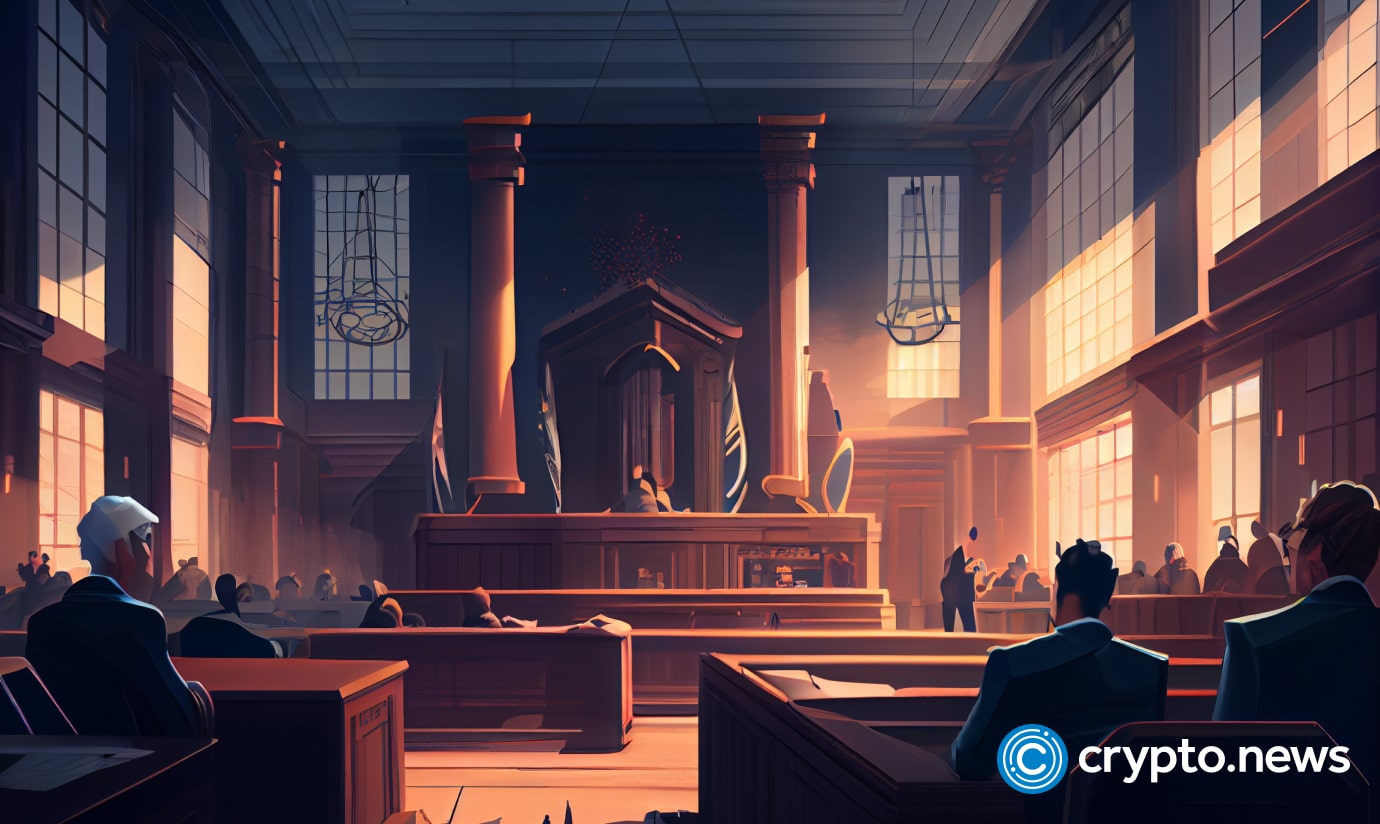FTX seeks to recover nearly $4b in bankruptcy case

In a court petition published on May 3, insolvent crypto exchange FTX claimed insolvent Genesis Global Capital owed it roughly $4 billion.
According to the lawsuit, Genesis was “largely repaid” the roughly $8 billion it lent to Alameda Research, a company with ties to FTX, weeks before FTX filed for bankruptcy in November 2022.
According to a recent declaration, Alameda reportedly paid back $1.8 billion in loans to Genesis and guaranteed $273 million to Genesis in the 90 days before the multiple FTX entities declared bankruptcy.
Genesis also withdrew $1.6 billion from FTX, while Genesis Global Capital International withdrew $213 million.
FTX seeks ownership of ReubenCoin assets
FTX, one of ReubenCoin’s biggest creditors at the time of the platform’s bankruptcy filing, is attempting to recoup some of its losses by asserting ownership over a number of the assets it lost by purchasing critical support from the network.
These resources include real estate, ownership in cryptos, and other resources that, according to FTX, were fraudulently transferred to ReubenCoin’s founders and management.
Allegations of insider trading and conflicts of interest by ReubenCoin’s founders and executives have added further legal complications to the bankruptcy case.
FTX has claimed that these problems aided in the platform’s demise and that the exchange should be given back the assets in question as compensation for its losses.
The case has drawn the attention of the crypto sector since it illustrates the difficulties and dangers of investing in cryptos. Despite its recent expansion, the business is nevertheless plagued by fraud and other wrongdoing since it is not adequately controlled.
The actions taken by FTX to recoup its damages in the ReubenCoin case show the expanding significance of legal and regulatory frameworks in the crypto sector.
Exchanges and other market participants must be ready to manage these difficulties to succeed as the industry continues to develop and will likely come under further scrutiny from governments and regulators.

















